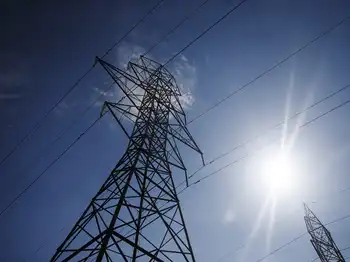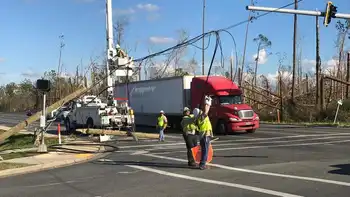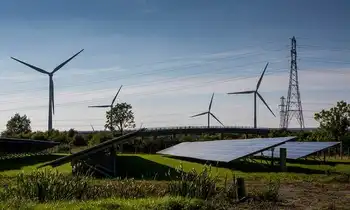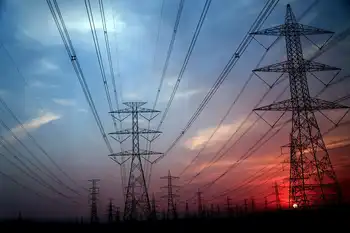Ontario to harvest solar power
SkyPower Corp., a renewable energy provider in Toronto, and Maryland's SunEdison LLC, the largest contractor of photovoltaic energy in the United States, announced a joint venture to build three to five solar photovoltaic farms over the next three years.
Each farm is designed to produce 10 megawatts of electricity, or enough to power about 2,400 homes.
SkyPower, a privately held company, has interests in 27 wind and hydro projects. This is its first solar project.
The electricity produced from the venture will be used in the local communities where the farms are located, said Michelle Chislett, SkyPower's Ontario director of solar projects. The location of the farms has not been disclosed.
The venture will create 250 jobs while the farms are being built. Ten to 20 workers will be needed to maintain the farms.
The photovoltaic industry has been growing annually by at least 30 per cent since 1994, said Nazir Kherani, a University of Toronto engineering professor. Last year it grew by 60 per cent.
The growth spurt in demand for energy has also led to a shortage of solar panels, he said. This year, less than 0.1 per cent of the world's electricity will be generated from the sun. That is expected to grow to 1 per cent by 2010.
Japan and Germany are world leaders in photovoltaic energy. Japan has offered, and Germany continues to offer, large subsidies to encourage companies to switch to solar power.
In March, the Ontario government announced the Renewable Energy Standard Offer Program to encourage the use of renewable energy.
The government will pay 42 cents a kilowatt-hour to buy solar energy from providers and will begin to accept program applications on Nov. 22, said Tim Taylor, spokesperson for the Ontario Power Authority. It will take 30 business days to process each application.
A project that produces about 50 megawatts of solar energy will cost about $150 million to build, Kherani estimated.
Related News

Why subsidies for electric cars are a bad idea for Canada
TORONTO - Bad ideas sometimes look better, and sell better, than good ones. Not always, or else Canada wouldn’t be the mostly well-run place that it is. But sometimes politicians embrace a less-than-best policy – because its attractive appearance may make it more likely to win the popularity contest, right now, even though it will fail in the long run.
The most seasoned political advisers know it. Pollsters too. Voters, in contrast, don’t know what they don’t know, which is why bad policy often triumphs. At first glance, the wrong sometimes looks like it must be right, while better and…





